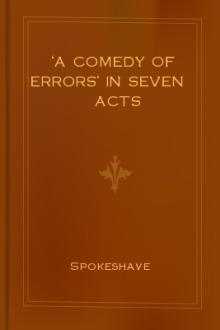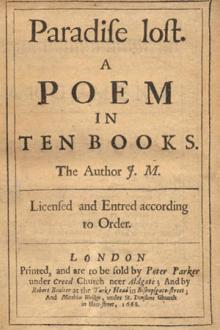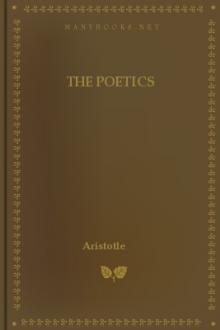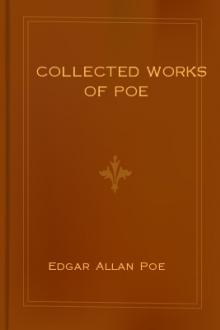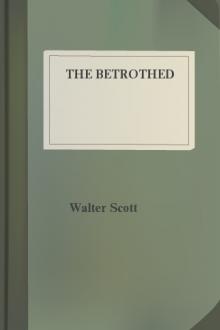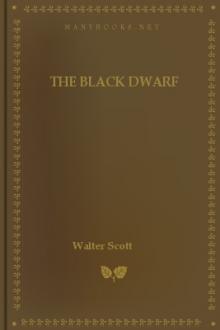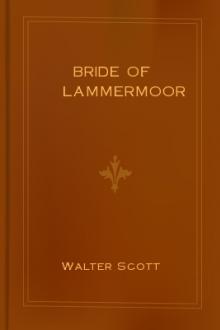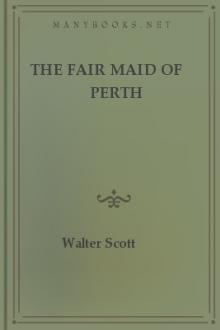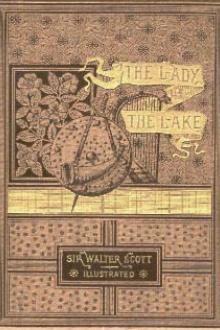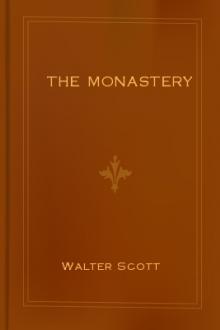Marmion
Marmion
A Tale of Flodden Field in Six Cantos
with introduction and notes by Thomas Bayne.
Book Excerpt
untry was open to Scotland, had nothing to
do but to wait for the attack as they were posted. Yet did twothirds
of the army, actuated by the perfervidum ingenium Scotorum,
rush down and give an opportunity to Stanley to occupy the ground
they had quitted, by coming over the shoulder of the hill, while the
other third, under Lord Home, kept their ground, and having seen
their King and about 10,000 of their countrymen cut to pieces,
retired into Scotland without loss.' Fifteen years after this was
written Scott began the composition of 'Marmion,' and it is
interesting to note that, so early in life as the date of this
letter indicates, he was so keenly alive to the great blunder in
military tactics made by James IV and his advisers, and so
manifestly stirred to eloquent expression of his feeling.
manifestly stirred to eloquent expression of his feeling.
In November 1806 Scott began 'Marmion,' designed as a romance of Feudalism to succeed the Border study in 'The Lay of the Last Minstrel.' The circumstances of the time, no doubt, to some extent prompted the choice of subject. Napoleon was diligently working out his ambitious scheme of a Western Empire, and plotting the ruin of Great Britain as an indispensable feature of the arrangement. Scott was not always intimately acquainted with the details of current politics, but when a subject fairly roused his interest he was not slow to take part in its discussion. This is notably illustrated, in this very year 1806, by the outspoken and energetic political ballad he produced over the acquittal of Lord Melville from a serious charge. This ballad, which went very straight to the heart of its subject, and left no doubt as to the party feeling of the writer, not only arrested general attention but gave considerable offence to the leaders on the side so sharply handled. It is given, with an explanation of the circumstances that called it forth, in Lockhart's Life, ii. 106, 1837 ed.
While, however, party politics was not always a subject that interested Scott, patriotism was a constituent element of his charact
FREE EBOOKS AND DEALS
(view all)Popular books in Poetry
The Raven / The Masque of the Red Death / The Cask of Amontillado
by Edgar Allan Poe
Download
Read more
Readers reviews
0.0
LoginSign up
Be the first to review this book

 Free Download
Free Download
























